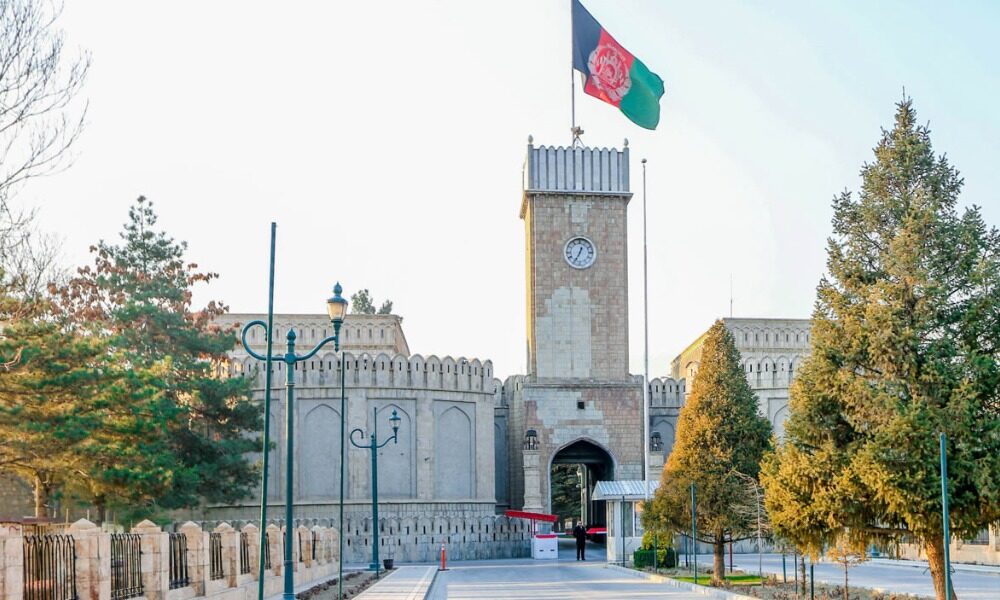The Afghan Diplomatic and Consular Missions Coordination Council, composed of diplomats from the former government, has reiterated its call for the formation of an inclusive, elected, and accountable government in Afghanistan. In a statement marking the 106th anniversary of the country’s independence from Britain, the council said efforts toward this goal are actively underway.
The statement described the current moment as “critical and decisive,” asserting that Afghanistan stands at a crossroads: either continue accepting the status quo—which it warned will prolong the current crisis—or pursue a new, collaborative, and internationally supported path to reshape the nation’s future.
Highlighting the legacy of King Amanullah Khan, the council noted that his emphasis on equality, modern sovereignty, and universal education starkly contrasts with today’s realities under Taliban rule.
“Afghanistan, under the Taliban, is mired in a deep, multidimensional crisis—including a severe humanitarian emergency and an escalating human rights catastrophe,” the statement read. “At the core of this crisis is a systemized gender apartheid, which has stripped women and girls of their most basic rights—education, work, justice, and freedom of movement.”
The council warned that such policies are dismantling decades of progress won through sacrifice by both Afghanistan’s people and the international community.
It reiterated the urgency of national unity and robust international support for the Afghan people’s struggle. Nasir Ahmad Andisha, Afghanistan’s Permanent Representative to the UN Human Rights Council, echoed the council’s message in a repost, writing: “The time for transformation has arrived. In foreign policy, national interest—not alliances or enmities—must be our enduring principle.”







